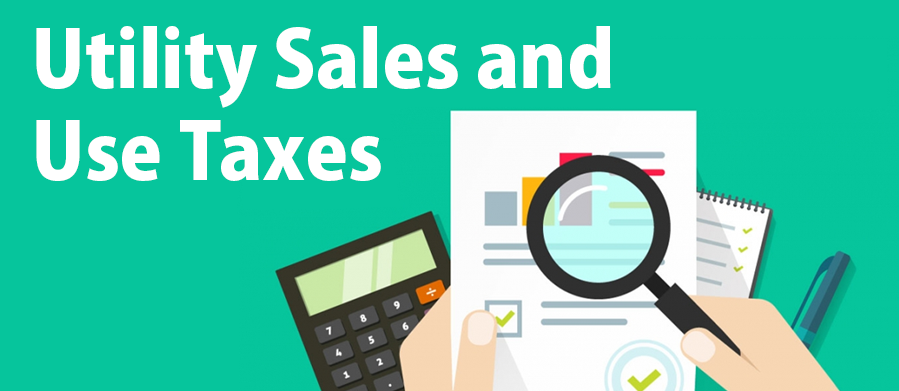The New York Department of Taxation and Finance allows for sales tax exemptions on utilities (gas, electric, coal, steam, refrigeration, wood) for a business that produces tangible personal property for sale.
To qualify for the exemption, the utilities must be used directly and exclusively (100%) in the production phase of the product. The production process is the act of changing the raw material to the product to be sold, this includes the production activity, conveyance of materials through the production line, storage and handling of the product and the packaging of the product for sale.
However, companies need to be careful on what they claim as exempt. Utilities used in the administration or distribution phases do not qualify for the exemption. Therefore, utilities do not qualify for the exemption if they are used or consumed in the lighting of buildings; the heating and cooling of buildings; or the storage of other property.
Sounds confusing and hard to ensure that your utility sales tax is being reported correctly? And even if you think you have your utility sales tax “under control” you may miss saving opportunities if you are not aware of all the rules and regulations, misapply the rules, collected your data incorrectly or overlook exemptions.
One solution to this problem is to have your utility sales taxes reviewed by a third party who is an expert in this area. This third party company can ensure your filings are correct by examining the completeness of your submissions, reviewing the methods of exemption this includes a deep-dive into the rules and regulations for your industry, and checking all components that are applicable to your portfolio.
At UtiliSave, as part of our utility bill auditing process we review your utility sales and use taxes. We leverage over 25 years of experience and our proprietary methodologies to do a deep dive analysis and through examination of the completeness and accuracy of your sales tax.
Find out more, read our case study. Look for “Challenging Your Certainty – Uncovering Sales Tax Savings through Deep Dive Data Analysis” under any of the industries.


